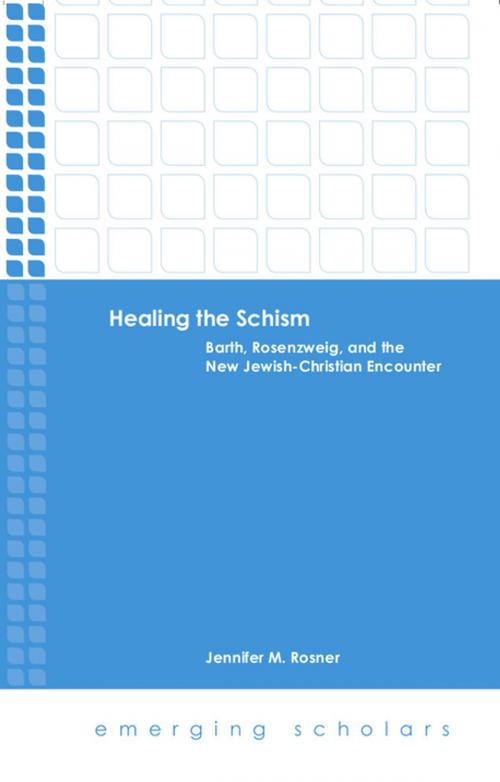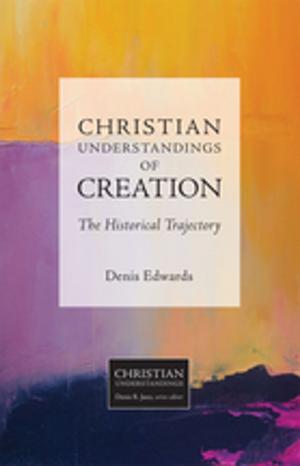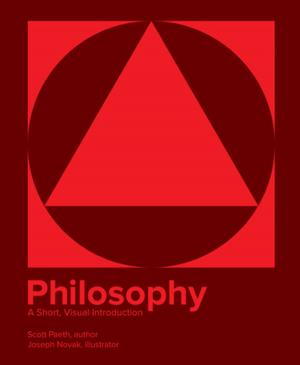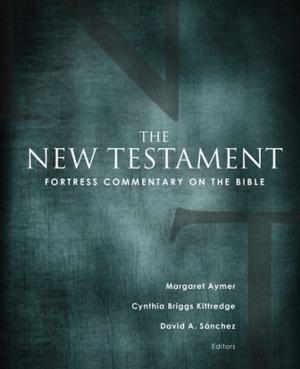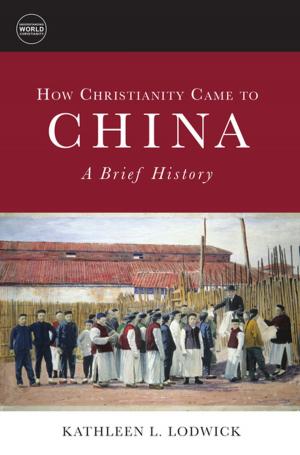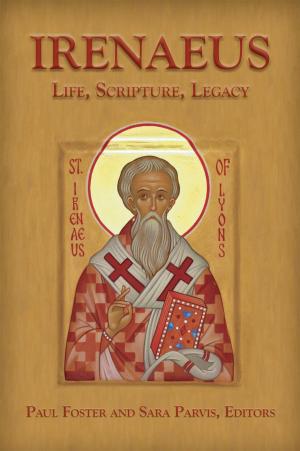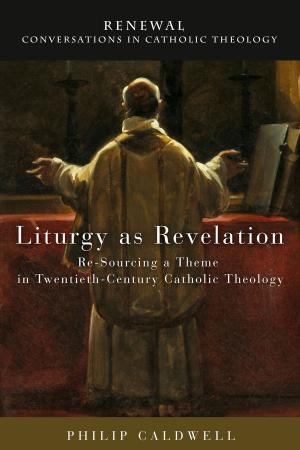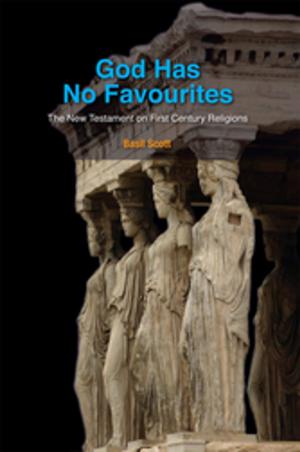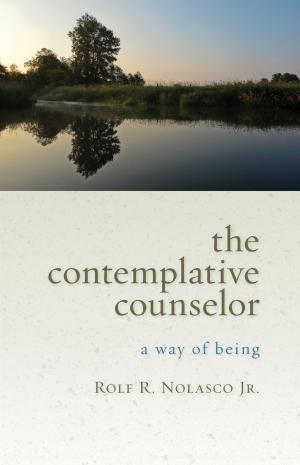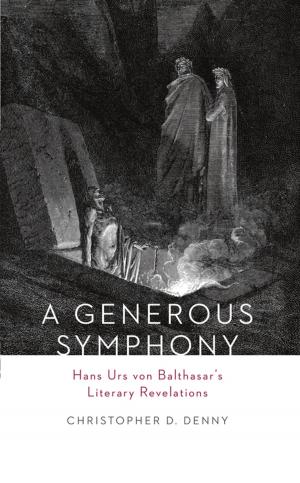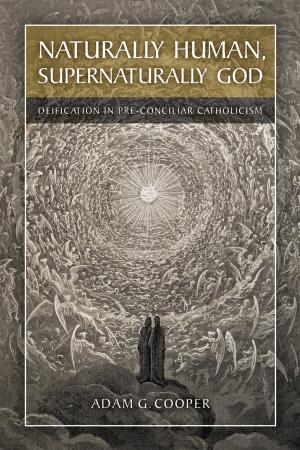Healing the Schism
Barth, Rosenzweig, and the New Jewish-Christian Encounter
Nonfiction, Religion & Spirituality, Judaism, Christianity, General Christianity| Author: | Jennifer M. Rosner | ISBN: | 9781506408026 |
| Publisher: | Fortress Press | Publication: | January 1, 2016 |
| Imprint: | Fortress Press | Language: | English |
| Author: | Jennifer M. Rosner |
| ISBN: | 9781506408026 |
| Publisher: | Fortress Press |
| Publication: | January 1, 2016 |
| Imprint: | Fortress Press |
| Language: | English |
Two paradigm shifts hallmark Jewish-Christian relations in the twentieth century: the collapse of “Christendom” and the Holocaust. From within these shifts, reassessment of the Jewish-Christian relationship emerged. Over the second half of the twentieth century, a new theological account of that relationship has been constructed—one of recognition and reconciling encounter. That work is built largely on the legacy of two pioneering theologians: Karl Barth and Franz Rosenzweig. Healing the Schism attempts to map out the new Jewish-Christian encounter from its nascent origins in the work of these thinkers to its current state at the beginning of the twenty-first century. The goal in this study is threefold: first, to trace key influences in the theological genesis of this developing strand of Jewish-Christian dialogue; second, to outline dominant features of its present incarnation; and finally, to identify potential future directions for this trajectory. This volume offers a constructive vision of Jewish-Christian encounter that affirms the irrevocable election of Israel and the universal, ecclesially mediated saving mission of Christ.
Two paradigm shifts hallmark Jewish-Christian relations in the twentieth century: the collapse of “Christendom” and the Holocaust. From within these shifts, reassessment of the Jewish-Christian relationship emerged. Over the second half of the twentieth century, a new theological account of that relationship has been constructed—one of recognition and reconciling encounter. That work is built largely on the legacy of two pioneering theologians: Karl Barth and Franz Rosenzweig. Healing the Schism attempts to map out the new Jewish-Christian encounter from its nascent origins in the work of these thinkers to its current state at the beginning of the twenty-first century. The goal in this study is threefold: first, to trace key influences in the theological genesis of this developing strand of Jewish-Christian dialogue; second, to outline dominant features of its present incarnation; and finally, to identify potential future directions for this trajectory. This volume offers a constructive vision of Jewish-Christian encounter that affirms the irrevocable election of Israel and the universal, ecclesially mediated saving mission of Christ.
